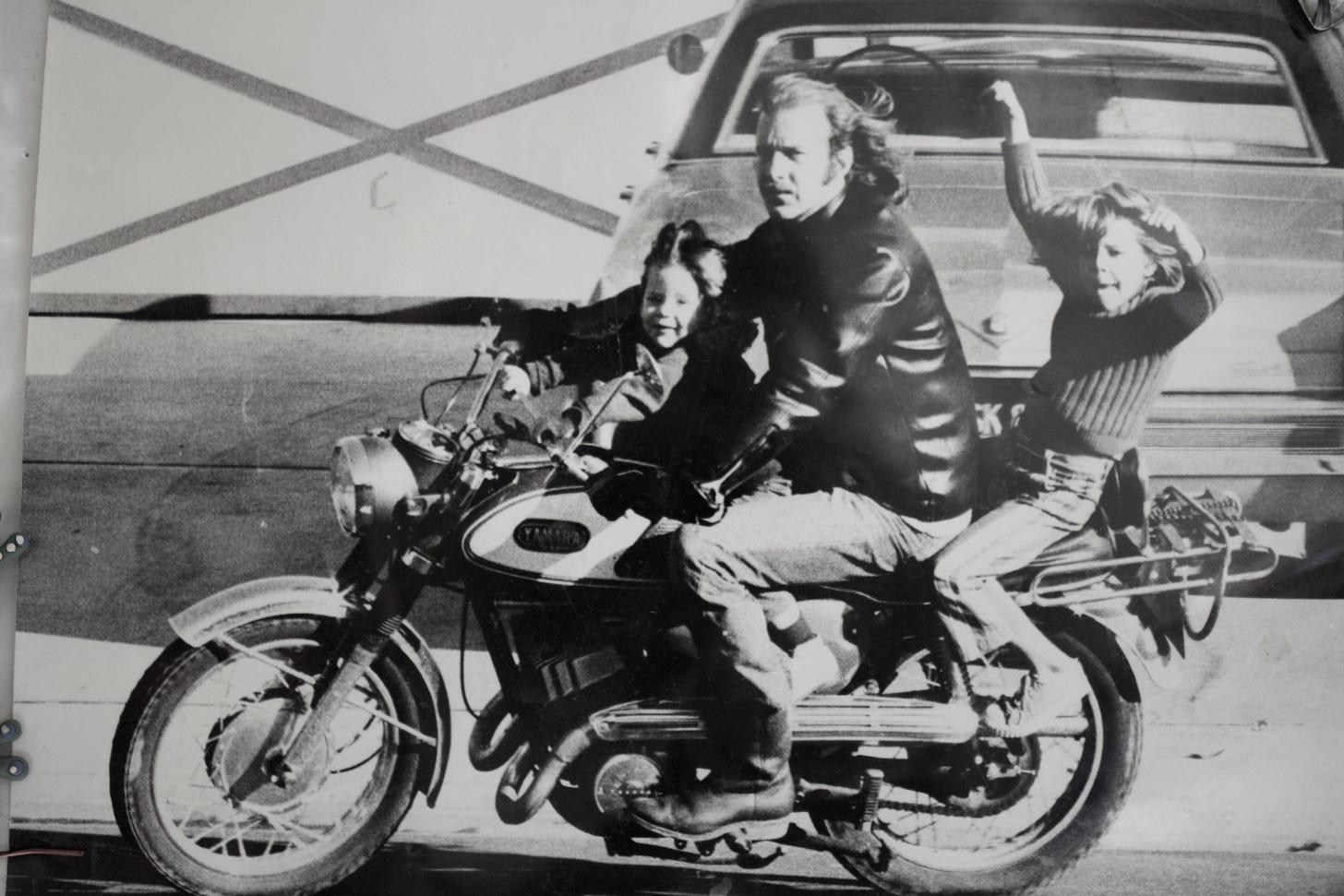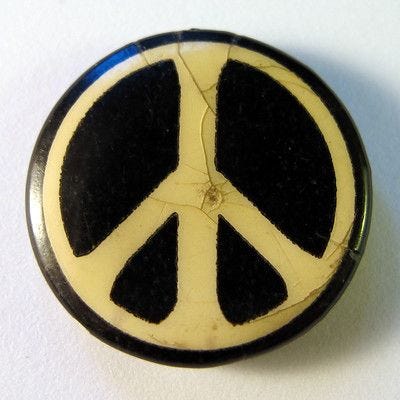“How neat it was to finally have more kids to hang out with!”
“We ‘old-timer’ kids had chores—cutting kindling, milk and feed the cows.”
“There were more kids to pick up on the school bus.”
Old-timer respondents
“I wanted my kids to know where their food came from and not take anything for granted.”
“As a nursing mom, we’d nurse each other’s kids.”
“The noisiest thing in my yard was chickens, the wind, and my kids.”
Newcomer respondents
Asking about reasons for living in the particular place of Comptche, the most common response: Children. Among the newcomer respondents who were young parents during the 1970s, all cited children as a central reason for re-locating to the sparsely populated rural town.
A respondent who moved there as a single father, and continues living in his original residence to this day, wrote: “There is a very real sense of community and family. Each kid is all our kid and if they are in trouble we all try to help. My kids had no active Mom, but they had several Comptche Moms”.
Among the research participants who were children during the Seventies, all of them noted that living in Comptche was a highlight of their life, as reflected in the statement:
“A great place to grow up. Rural, safe, had freedom I can’t give my child today.”
Newcomer respondent
Respondents from old-timer families observed their newcomer peers as having more personal freedom than they were allowed to enjoy. Both types of participants felt there was a safer environment for raising children than today’s world, but also note that Comptche is still a relatively safe and peaceful place.
One old-timer respondent wrote that hippie kids were not taught the same volunteer ethic as the kids from established local families. Because I was one of these hippie kids, I know this statement is not true for all back-to-the-land families, but the statement reflects the cultural divide, based on misperception and as we’ll see, fear.
Helping one another was part of the hippies’ holistic way of life, intentionally not defined as a community activity labeled “volunteerism.” The hippies were re-labeling as much as rediscovering aspects of community and individual life. The underlying value of community service was there, but how it was referred to was different, so it was interpreted by the Other as a difference in values.
This shows the consequences of limited perception in creating and disseminating assumptions about the other.
Up next: Kids & Chores
References for this post:
This is original research. For use, please credit:
Spicer, Lisa Gruwell, 2012. Finding Common Ground: When the Hippie Counterculture Immigrated to a Rural Redwood Community. Western Washington University.







